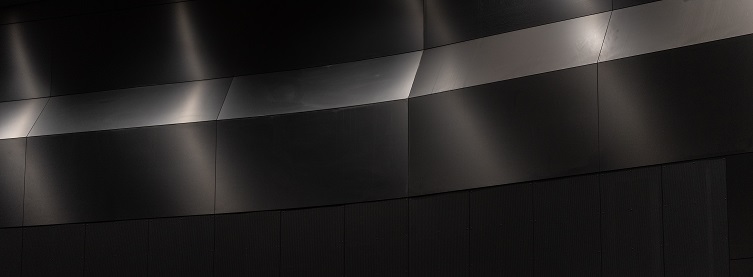SEOUL - SOUTH KOREA
Sustainable Procurement Targets
By 2020, 70% of selected product purchases to be green.
By 2020, 200 MW of city energy to supplied by photovoltaics on public facilities.
By 2020, all new city owned buildings to be "best in class" certified, and achieve grade 1 energy efficiency.
Latest Procurement Achievements
Sustainable Procurement in SEOUL
Seoul Metropolitan Government (SMG) has been pursuing green procurement for over a decade. In 2007, the Seoul Metropolitan Government Ordinance on the Promotion of Purchase of Green Products was enacted, which obliges all public institutions in Seoul to procure green products if these are available within the online KONEPS purchasing system. By 2017, 42% of all products purchased were green, representing spending of 122 billion Korean Won (over $100 million). The Mayor of SMG and ICLEI President, Park Won-Soon, launched the Global Lead City Network on Sustainable Procurement (GLCN) in 2015, and acted as Chair until June 2018.
SMG has focused further sustainable procurement activities on a series of key sectors. In August 2014, the city kicked off the second phase of the One Less Nuclear Power Plant initiative, aiming at reducing reliance on nuclear power plant for electricity. This initiative includes several procurement actions. All indoor public lighting should be replaced with LEDs by 2020 (as of 2018, 84% have been replaced). Over 70 MW of PV panels had been installed on public buildings by December 2017, with a target of delivering over 200 MW by 2020. By 2020 newly constructed and renovated public buildings (larger than 3,000 m2 in total floor area) should acquire the best-in-class green building certification, and all new public buildings should acquire grade 1 or higher (grade 1+) in energy efficiency.
SMG is also aiming to introduce 100,000 electric vehicles (EVs) in the public and private sector in the city by 2025, and all newly purchased vehicles for city fleets must now be electric, if an appropriate EV is available on the market. By December 2017, 6,273 EVs were in operation in the city.
SMG has also set ambitious targets for school catering, the Ordinance on Assistance in Environment-friendly Free Meal Programs (2011), promoting the use of high quality, eco-friendly agricultural products in elementary and middle school canteens to promote students’ physical and mental development (see box below).
Sustainable procurement in South Korea is also strongly supported at the national level by the development of an online procurement system and database of green products, based on the Korea Ecolabel system managed by KEITI. Since 2005 it has been mandatory for all public institutions to procure eco-friendly products through this system.
























